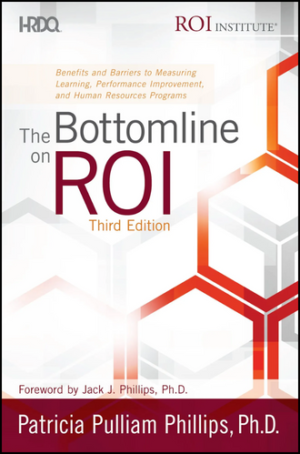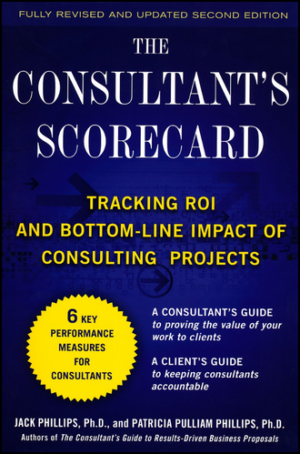- Communicate Results
- Optimize Results
- Leverage Results
Example
MYTH: The success of one project rarely influences investing in another project.
REALITY: The best results to continue to invest in are previous successes.
Jessica Kriegel, an organization and talent development consultant at Oracle with expertise in strategic planning, talent management, and leadership development, was particularly focused on intergenerational understanding. More specifically, she realized that generational labels do not work. The labels aren’t bad. It’s the associations that society puts on those labels that are bad.
Although labels abound with each generational era, millennials (those born between 1980 and 2000) are the most misunderstood generation. These labels keep individuals, managers, and even organizations from being as successful as they should be. Jessica’s work at Oracle pro vided her with an opportunity to tackle this challenge directly. One project clearly focused on this challenge, and she needed to show its value.1 A product development team member reached out to the person in charge of the Oracle College Hire Program about their problem with the millennials. The team member suggested that the millennials didn’t understand the corporate culture, and as a result, there were behavioral and communication issues. This suggestion included a request for a training program to help the millennials acclimate to the company.
Jessica took this project on. She wanted to understand the issue and ensure that the correct program was implemented. She did not want to take on the project on the face value that millennials were the problem, and if we fix them, everything is okay.
Each year, this program develops approximately 100 to 200 new college hires, making this an important program. She examined some of the data that were surrounding the situation. A lack of productivity was reported, along with the excessive turnover of the millennials. Some were leaving soon after employment, which was very expensive. Consequently, the business outcomes of interest were im proved productivity and reduced turnover.
To understand the right solution, Jessica conducted a detailed sur vey with the managers and the employees. The surveys indicated that:
- New hires sometimes struggle with acclimating to the company,
- There was almost no intergenerational conflict,
- A few differences were perceived across generations, and
- Both the new college hires and the managers seemed to enjoy their work and working together.
Next, Jessica conducted focus groups to examine the problem in more detail, and the focus groups identified areas where improvement was needed. The managers:
- Felt that the generational cohorts were different,
- Claimed that the millennials did not understand the difference between social and professional networking, and
- Thought that millennials had low emotional
Meanwhile, the millennials felt they:
- Needed more information about why their jobs mattered,
- Wanted more communication from their manager, and
- Were struggling to find a work life
With these issues identified, the solution was designed to work with both groups to ensure that they worked productively and efficiently together, addressing their individual needs in two different programs (one for the managers and one for the employees). She set out to show the value of her program.
As Jessica conducted the programs, she captured reaction data. The employees felt the program was valuable, and it helped them understand more about their roles in the organization. She measured learning from both groups and found they were learning what they needed to do to be more successful. She measured application to see the extent to which they were working together because of the training. The reports were positive that they were working collaboratively. With the increased collaboration came improvements in retention and productivity. With these improvements, she took a step to sort out the effects of the program from other influences, converted these measures to money, compared program benefits to the cost of the program, and calculated that the return on investment was 695 percent. The executives were impressed, and she communicated the results to other groups and included a copy of her bestselling book, Unfairly Labeled.
Leveraging the results of Jessica’s project has made a difference— not only for the organization in which she was working at the time, but also for the program participants and the individuals she now reaches through her writing and speaking.
Story from Show the Value of What You Do, Chapter 7, Page 117






























